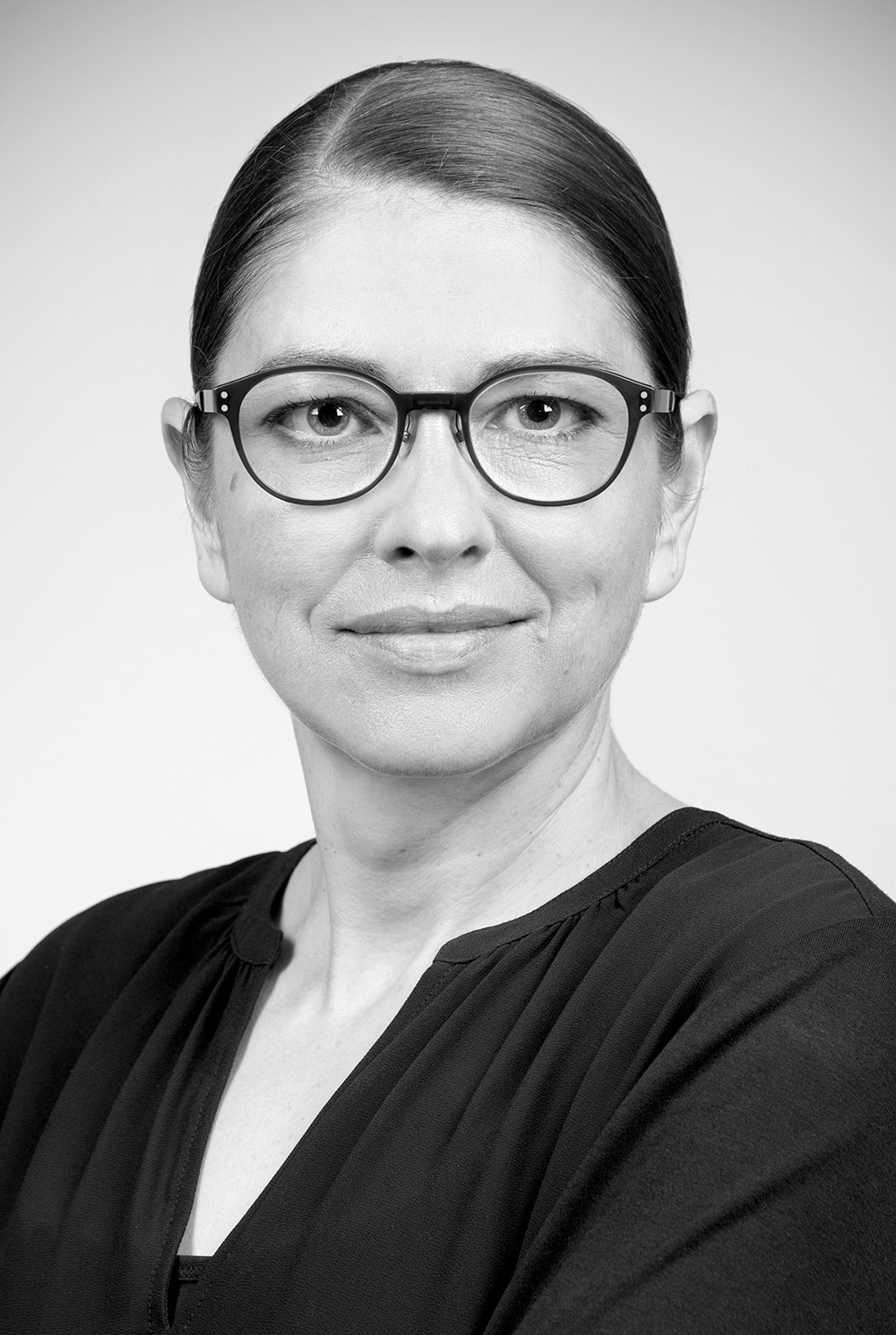
Prof. Dr. Julia Lossau
What is the relationship between society, power and space? It is the application of a seemingly simple question to concrete realities and life worlds at different geographical scales that stands at the heart of my research. As human geographer who is intrigued by epistemologies of difference, I am interested in all sorts of spatialities – in spaces and places, in scales, but also in different forms of materiality and substance as well as in (flat) ontologies of materiality and sociality. As my professorship focusses on urban geography, I see myself as counterpart in questions of urban theory and practise in a broad sense. The city is relevant in the context of our Research Training Group in that it is a laboratory not only of modernity, as often said, but also of contradiction. It is hence the urban context in particular that allows for strategies of working beyond identifying and homogenising categories, opening up ‘spaces of dissension’ as arenas to think in and beyond contradiction.
Being the geographer in our multidisciplinary team, I stand for a certain ‘worlding’, if not ‘earthing’, of contradiction, in both theoretical and practical respect. Theoretically, such a worlding implies ways of taking seriously materialities and empirical life worlds; practically, I am interested in bringing Contradiction Studies out of the ivory tower and into public spheres. At present, everyday life is characterised by a multiplication of diverging perspectives as well as by alarming social, ecological and (bio-)political crises. Against such a background, I hope for dissertation projects in the fields of critical urban studies, postcolonial memory studies and/or social transformation studies. Methodologically speaking, anything from textual analysis to ethnographical research is welcome as long as it has a creative, collaborative or contradicting edge to it.